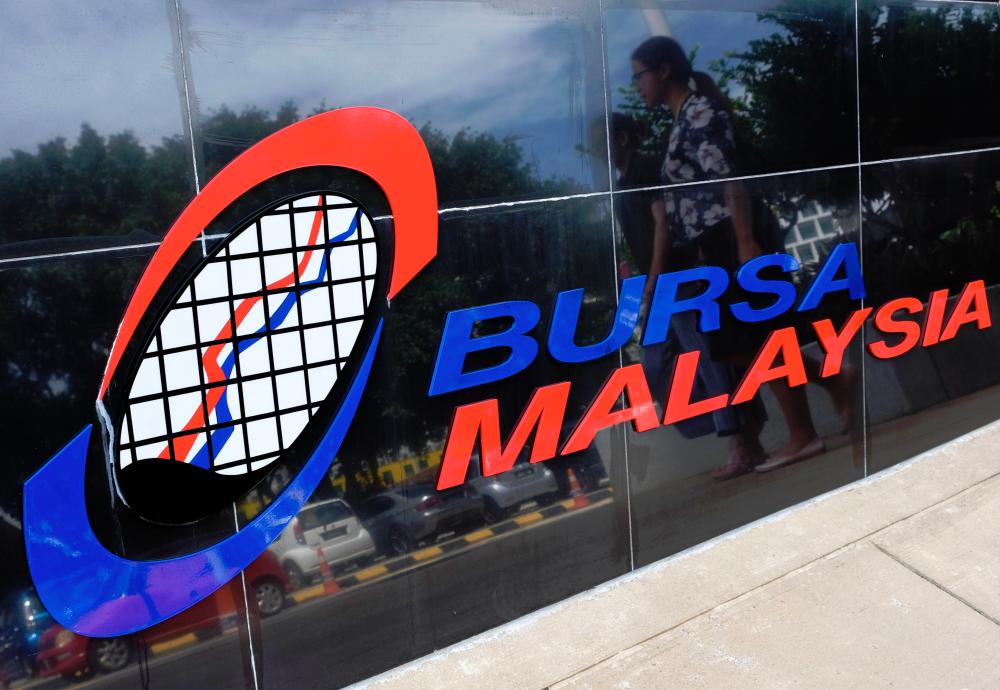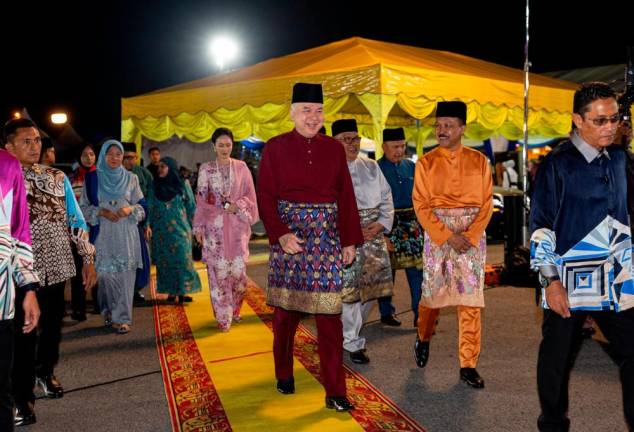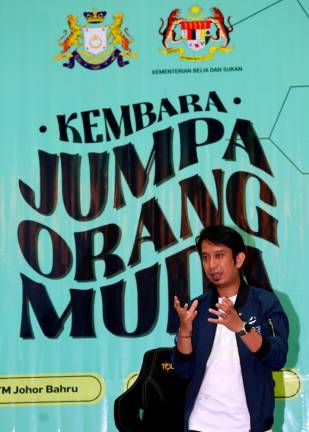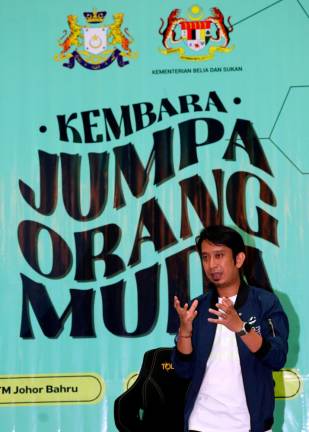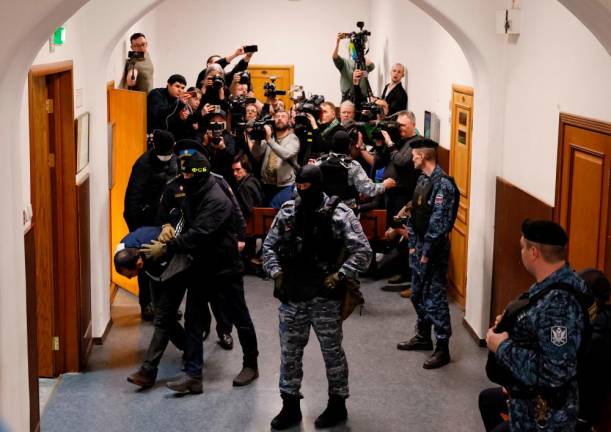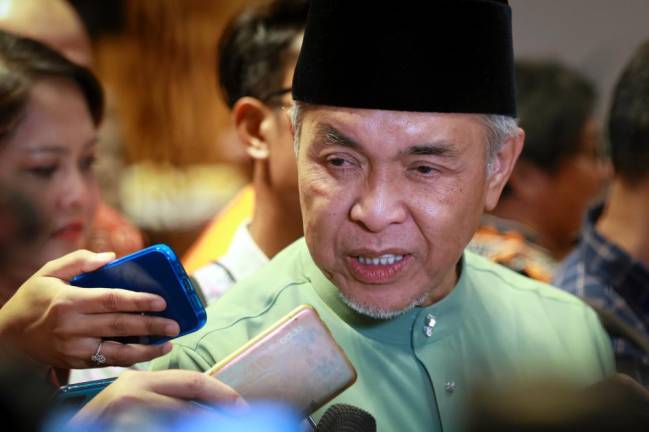PETALING JAYA: Bursa Malaysia Bhd’s net profit for the first quarter ended March 31, 2019 fell 26.5% to RM46.86 million from RM63.78 million a year ago due to a 16.2% drop in operating revenue to RM121.4 million from RM144.8 million a year ago.
Revenue for the quarter fell 16% to RM126.53 million from RM150.71 million a year ago while total operating expenses was 1.4% lower at RM62 million compared with RM62.9 million a year ago.
Annualised return on equity fell 7ppt to 23% while basic earnings per share was 2.1 sen lower at 5.8 sen. Market capitalisation as at March 31, 2019 stood at RM1.7 trillion, marking an 8.8% year-on-year decline.
During the quarter, the securities market saw a 22.6% decline in trading revenue to RM59 million from RM76.3 million a year ago, due to lower average daily trading value (ADV) for securities market’s on-market trades during the quarter.
The total non-trading revenue fell 7.6% to RM42.1 million from RM45.6 million a year ago mainly due to the decline in listing and issuer services revenue. This was partly offset by better market data revenue, driven by higher number of subscribers.
The derivatives market trading revenue fell 13.8% to RM16.4 million from RM19 million a year ago due to lower number of contracts traded for crude palm oil futures and FTSE Bursa Malaysia KLCI Futures, as well as higher market incentives.
Average daily contracts for the derivatives market fell 12.3% with 47,359 contracts in the quarter compared with 54,020 contracts a year ago.
For the Islamic Capital Market, Bursa Suq Al-Sila’ remained fairly stable with a trading revenue of RM3.9 million despite a 39.6% growth in ADV to RM31.6 billion during the quarter.
“The first quarter of the year remained challenging on the back of weaker sentiment largely influenced by external concerns. These concerns are wide ranging, and are driving uncertainty in the global economy. The spillover of this impact is also affecting businesses of all sizes in our local economy,” said Bursa Malaysia CEO Datuk Muhamad Umar Swift.
“While the FTSE Bursa Malaysia KLCI Index weakened in the first quarter, it is important to note that the small and mid-cap indices continue to show a positive trend, with the FTSE Bursa Malaysia Small Cap Index and FTSE Bursa Malaysia Mid-70 Index recording a year-to-date growth of 13% and 9% as at end-March,” he said in a statement today.
Umar said the temporary challenges are the impetus that could drive positive transformation among more agile participants across the broad economy while the fundamentals of the economy are strong and robust.
“The recent positive announcements such as the revival of the East Coast Rail Link and Bandar Malaysia projects will have a positive impact and act as a catalyst that will stimulate the broader market,” he added.
Umar said the exchange will continue with its long-term growth strategy by improving operational efficiency, digitalising services to provide better customer experience and enhancing the breadth and depth of the capital market with new products.



